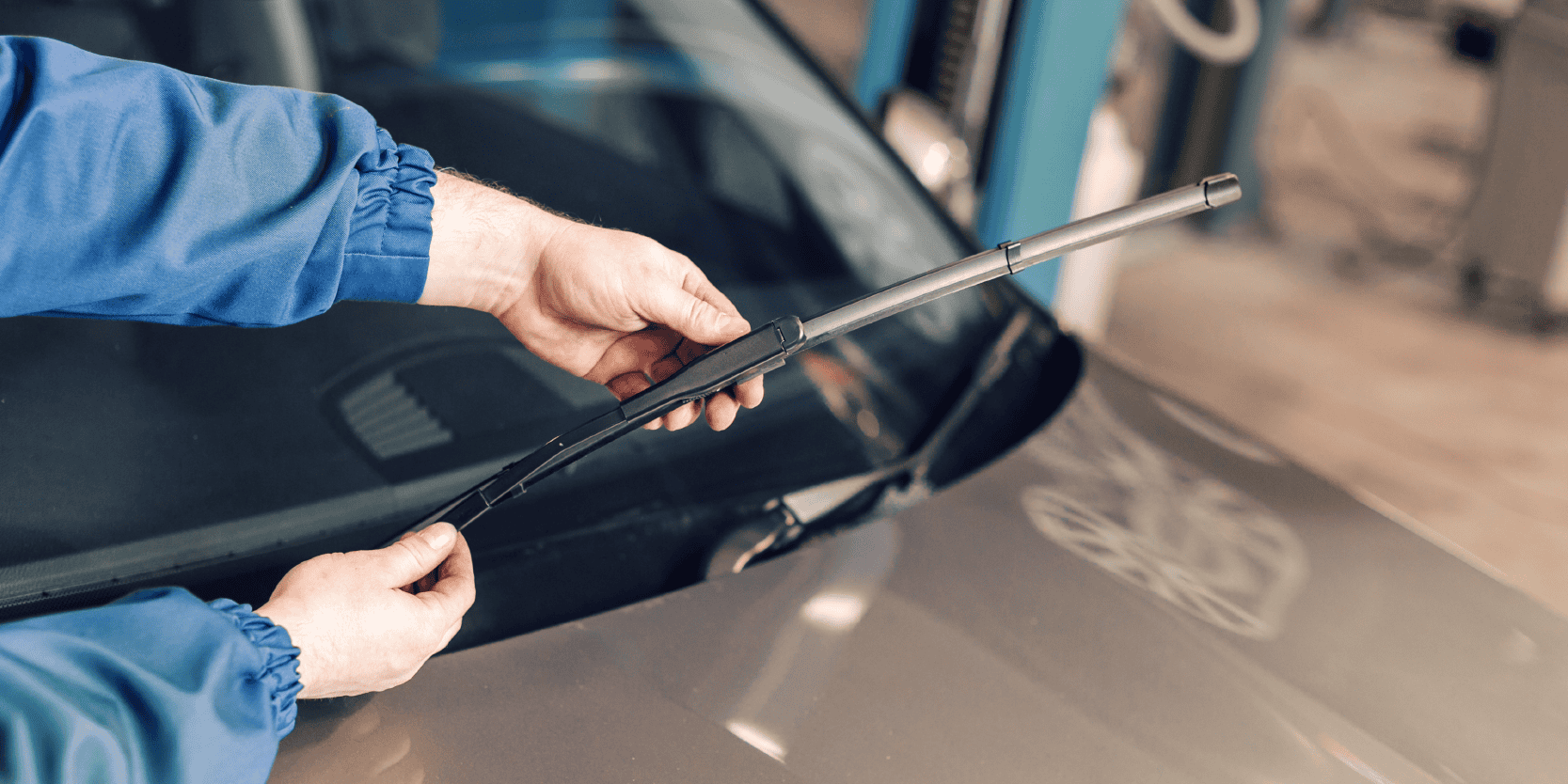
Budgeting for a New Car: Where Do I Start?
While the thrill of a new ride is tempting, it often comes at a high cost. And unfortunately many people don’t properly plan ahead or understand exactly how much they can spend on a vehicle.
In this blog, we’ll give you some pointers and practical tips to help you budget for a new car. Proper planning will ensure you make the move when it makes most financial sense.
So, let’s talk about how you can reach your car-buying goals!
CONSIDER VEHICLE EXPENSES
If only we could buy a vehicle, drive it off the lot and not worry about any other expenses after that. Here are a few costs to remember to include in your budget:
·Sticker price
·Down payment
·Taxes
·Registration & insurance
·Gas
·Repairs & maintenance
In some cases, there may be additional operating costs as well. For example, will you need to pay for a monthly parking spot? Are you taking out a car loan to pay for the car? If so, you’ll also want to consider the costs of monthly payments and interest.
A good rule of thumb is to set aside 10–20% of your income for the new car. Are there ways you can find to make 10-20% more each month? Maybe a raise or selling some things you no longer need? Or do you have an idea for a side hustle? There are lots of options!
Read this blog to learn why it might be best to pay off your debt first before buying a vehicle.
CALCULATE YOUR CAR LOAN
To get an idea of what your car loan might cost, check out our easy Car Loan Calculator! Keep in mind, these estimates are made to help you get an idea for budgeting.
If you can determine what a comfortable monthly payment looks like to you, you’ll be able to narrow down a list of vehicles that fit into your budget.
TIPS FOR LOWERING YOUR CAR PAYMENT
Here are a few ways to get your car payment as low as possible and free up some room in your monthly budget:
Choose a less expensive vehicle: We all dream of buying the best car on the market, but make sure you’re being realistic about the makes and models you can actually afford – which doesn’t mean you have to sacrifice on quality or reliabilty!
Make a down payment: If you can, making a down payment on your new vehichle will lower the amount of money you need to borrow – which will also decrease your monthly car payments. Bonus: you’ll also pay less interest over time.
Trade in your vehicle: If this isn’t your first car purchase, you should consider trading in your old car at the dealership. The value of your previous car will help to reduce the cost of your new one – and you’ll also pay less sales tax.
If you’re already a Birchwood Credit customer, you can upgrade your car with our Upgrade Advantage program – and we’ll cover your first car payment!
Buy at a good time: If you’re in the market for a brand new vehicle, new models typically arrive during late summer and early fall. There are sometimes extra incentives to buy when there is pressure to clear out the previous year’s models.
ESTIMATE MAINTENANCE COSTS
Routine maintenance will extend your vehicle’s lifespan and prevent depreciation. But how much does maintenance cost? Here’s an idea:
Oil changes: Approximately every three months or 4000 kilometres, you should be changing your oil. Getting one done at an auto shop will cost around $60 to $140.
Wiper blades: You should swap your wiper blades every six months. Blades cost around $20 each and there’s a good chance you’ll be able to do this on your own, saving you some money.
Swapping tires: If you swap between winter and summer tires, you’ll be changing them out twice a year. If you use a shop, each time will cost around $50 to $75. If you have to buy a new set of tires, you’re looking at around $600.
Tune-ups: At least once a year, it’s good to visit a shop for a full car tune-up. The standard cost can range from $50 to $200, so be sure to compare prices and reviews for different shops. Keep in mind, you never know what expensive fix they may find, so be ready to pay an extra couple hundred dollars.
All in all, it’s safe to say that your budget for car maintenance will cost around $500 per year. If you’re comfortable taking care of any of these tasks yourself, you’ll be able to save a good amount.
We also recommend keeping some savings ready in case there’s a larger fix hiding around the corner. It’s always better to be prepared!
RESEARCH VEHICLE OPTIONS
As we mentioned earlier, it’s easy to dream about buying the best and fanciest car on the market. But when budgeting for your next vehicle, it’s key to be realistic about the makes and models you can actually afford.
Consider these three questions when looking at potential vehicles:
·Does this ride meet the needs of my life?
·Are there cheaper vehicles that could also meet my needs?
·Is this vehicle available elsewhere for less?
The good news is that with Birchwood Credit, you don’t have to sacrifice quality or reliability when it comes to purchasing a new car. We have thousands of new and used vehicles to choose from at prices that make sense for your budget!
APPLY WITH BIRCHWOOD CREDIT
After reading this blog, do you feel ready to buy? Exciting! We encourage you to swing by one of our four convenient locations – whichever is closest to you – and take a look at our inventory. Our credit experts will happily answer any questions you have! Or get the application started quickly and easily online today.




